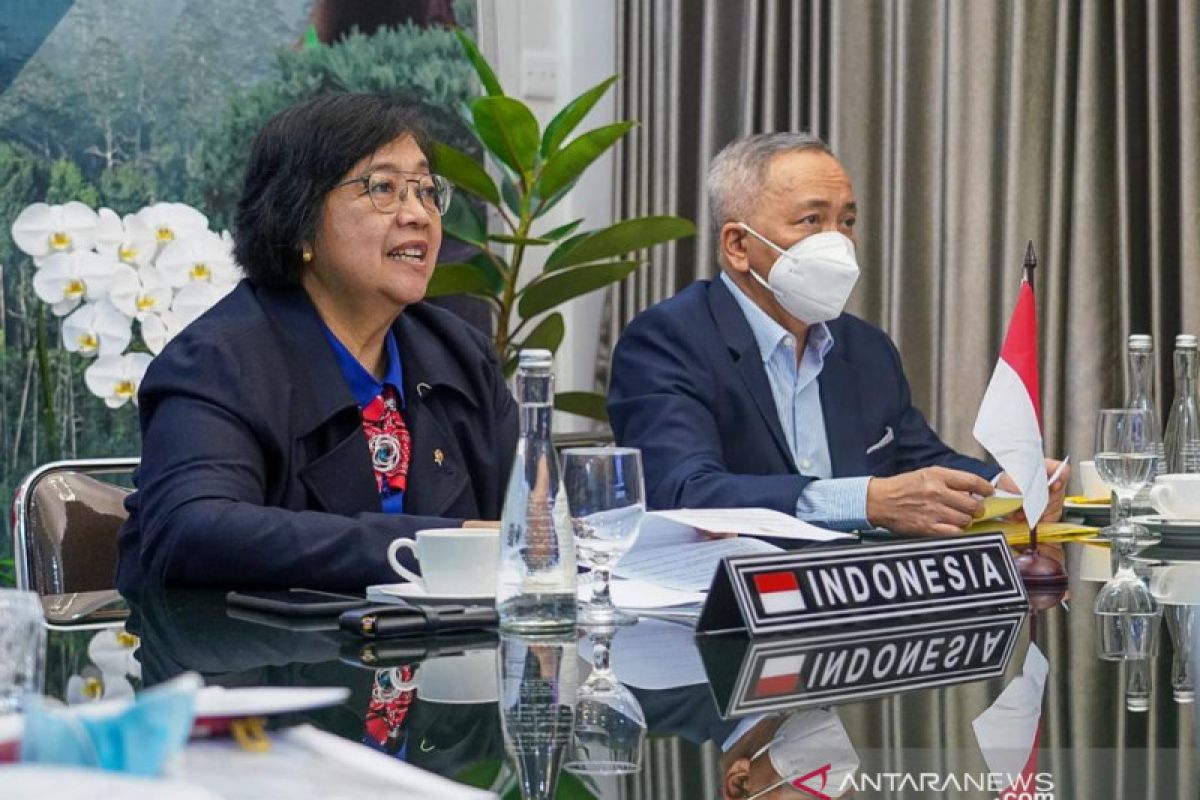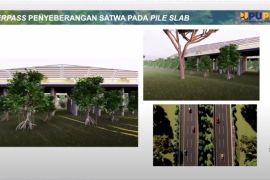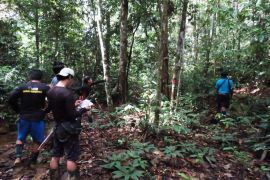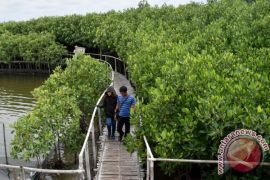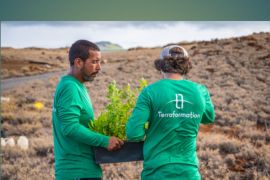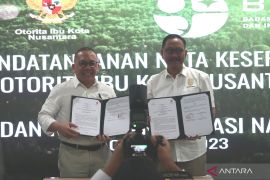Nurbaya made the statement while serving as speaker at the PreCOP Biodiversity 2021-High Level Political Forum during a series of activities of the Third Open-Ended Working Group on Post 2020 Global Biodiversity Framework, according to an official statement from the Ministry of Environment and Forestry received in Jakarta on Tuesday.
"As home to more than 490 thousand species in 19 ecosystems, with 74 vegetation types, Indonesia supports the ongoing negotiations on a biodiversity framework. Indonesia is pursuing three pillars in line with the objectives of the Convention on Biological Diversity, specifically preservation, protection, and sustainable use," Nurbaya noted.
Furthermore, the minister accentuated three key points to be taken into account at the forum: ensuring global targets are measurable and flexible, striking a balance between targets and supporting tools for their implementation, and setting minimum values for all targets and indicators that can be monitored to be achieved by countries.
Indonesia has made significant achievements in conservation work, according to Director General of Natural Resources and Ecosystem Conservation (KSDAE) Wiratno.
Wiratno noted that at the ecosystem level, the government had managed to maintain 51 million hectares of protected areas spanning over 28 percent of Indonesia's land area comprising 1.4 million hectares of high conservation value areas in private concessions.
Indonesia has been quite successful in conducting conservation work, as is apparent from the data from over 270 monitoring locations, including the Gunung Leuser National Park and East Aceh District in Aceh, Way Kambas National Park in Lampung, and West Kutai in East Kalimantan.
Until this year, the population of 25 priority endangered species, such as the Bali starlings, bull, Javan rhinoceros, Javan gibbons, and Javan eagles, had increased.
The Ministry of Environment and Forestry also succeeded in releasing more than 200 thousand animals in 2020.
At the genetic level, the Ministry of Environment and Forestry continues to promote the bioprospection of Indonesia's genetic resources for food security and health, such as the use of Candidaspongia as an anti-cancer and gaharu as a disinfectant whose demand is increasing during the pandemic.
"The work is important in the harmonious integration of biodiversity and productive sectors for the progress of the country," Wiratno remarked.
Related news: BRIN chief pushes use of digital biodiversity database
Related news: Global short video collection activity launched to capture beauty of biodiversity
Related news: Conservation zones can be tweaked to serve national strategy: ministry
Translator: Prisca T, Azis Kurmala
Editor: Sri Haryati
Copyright © ANTARA 2021
